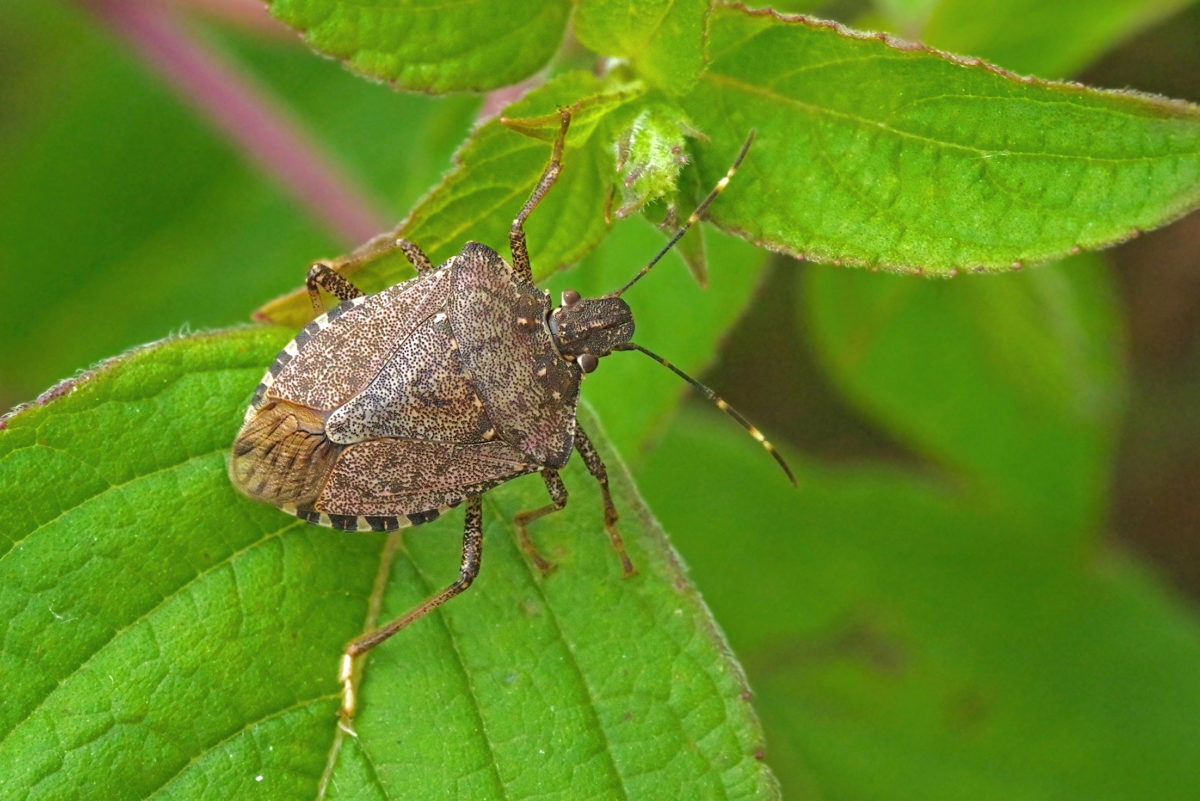Lincoln University Distinguished Professor Philip Hulme has been listed as a Highly Cited Researcher for the 10th year in a row.
He is one of only two researchers in New Zealand to have been recognised as such every year since 2014.
The 2023 Highly Cited Researchers list, released recently by Clarivate and the Web of Science index, uses quantitative and qualitative analysis to identify individuals from around the world who have demonstrated significant and broad influence in their chosen field of research.
Of the world’s population of scientists and social scientists, only one in 1000 are recognised as Highly Cited Researchers.
To qualify for the list, a researcher must have authored multiple papers over the last decade that have been repeatedly cited by other researchers in their field, constituting the top one percent for citations in a particular discipline.
Professor Hulme has authored or coauthored 275 research publications, and been cited 27,501 times in 16,408 articles.
He is a leading international expert on issues of biosecurity and the problems caused by invasive alien species, and leads the Centre for One Biosecurity Research, Analysis, and Synthesis at Lincoln University and recently played a pivotal role in the first global assessment of invasive alien species launched by the Intergovernmental Science Policy Platform on Biodiversity and Ecosystem Services (IPBES).
He said most scientists considered themselves fortunate to be listed once in their careers, so he was proud to have achieved the remarkable milestone of a decade.
“While it is great to receive recognition for one’s research impact, I am acutely aware that science is a collaborative venture, and my achievements reflect my successful collaborations with overseas colleagues and also the excellent work of my own team here at Lincoln,” Professor Hulme said.
In 2019 he was awarded the Hutton Medal by Royal Society Te Apārangi for his outstanding contributions to knowledge about plant invasions in New Zealand and internationally.
Source: Lincoln University












